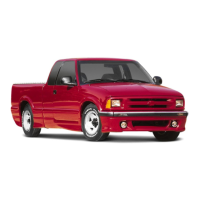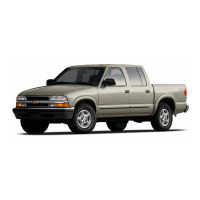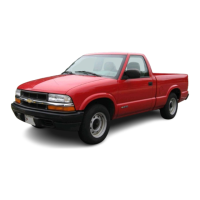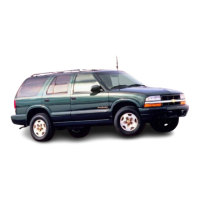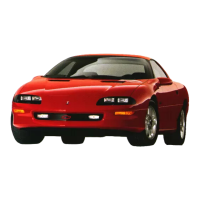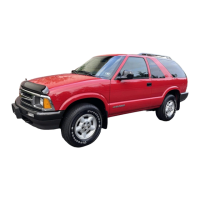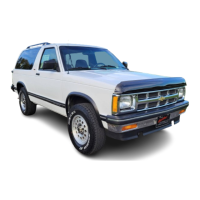Scheduled Maintenance Services
Explanation
Of
Scheduled Maintenance Services
Below are explanations of the services listed in the maintenance charts.
The proper fluids and lubricants to use are listed in this section. Make sure
whoever services your vehicle uses these. All parts should be replaced and
all necessary repairs done before you or anyone else drives the vehicle.
1. ENGINE OIL AND OIL FILTER CHANGE* -ALWAYS USE SG OR
SG/CE QUALITY, ENERGY CONSERVING
II
OILS
OF
THE PROPER
VISCOSITY. To determine the preferred viscosity oil for your vehicle’s
engine (e.g. SAE 5W-30). See “Engine Oil” in the Index.
2. CHASSIS LUBRICATION -Lubricate the front suspension, ball joint,
steering linkage, clutch, and transfer case shift linkage, parking brake
cable guides, propshaft splines, universal joints, brake pedal springs, and
clutch pedal springs at the intervals specified on the proper maintenance
schedule, or at every engine oil change, whichever comes first. On
vehicles without hydraulic clutches, lubricate the clutch cross shaft every
30,000 miles
(50
000
km).
Ball joints should not be lubricated unless their temperature is 10°F
(-12°C) or higher. When the weather is cold, let them warm up before
lubricating them or they could be damaged.
Also, be sure to check all the vehicle fluid levels at this time.
3.
CLUTCH FORK BALL STUD LUBRICATION (4.3L ENGINES ONLY)
-Lubricate the clutch fork ball stud through the fitting on the clutch
housing. Lubricant must be added “sparingly” to the fitting, as only
.0066
Ib. (.003 kg) is required to lubricate the ball stud surface.
Do
not add
lubricant more often than the intervals recommended in the Maintenance
Schedules. Too much lubricant
will
damage the clutch assembly.
4.
COOLING SYSTEM SERVICE* -Drain, flush and refill the system with
new coolant. See “Engine Coolant’’ in the Index for the proper coolant
and mixture to use in your vehicle.
Also inspect the hoses and replace them
if
they are cracked, swollen, or
deteriorated. Tighten all hose clamps. Clean the outside of the radiator
and air conditioning condenser. Wash the radiator neck. To ensure proper
operation, pressure test the radiator and cap.
*
An Emission Control Service
7-8
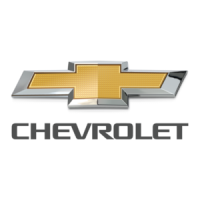
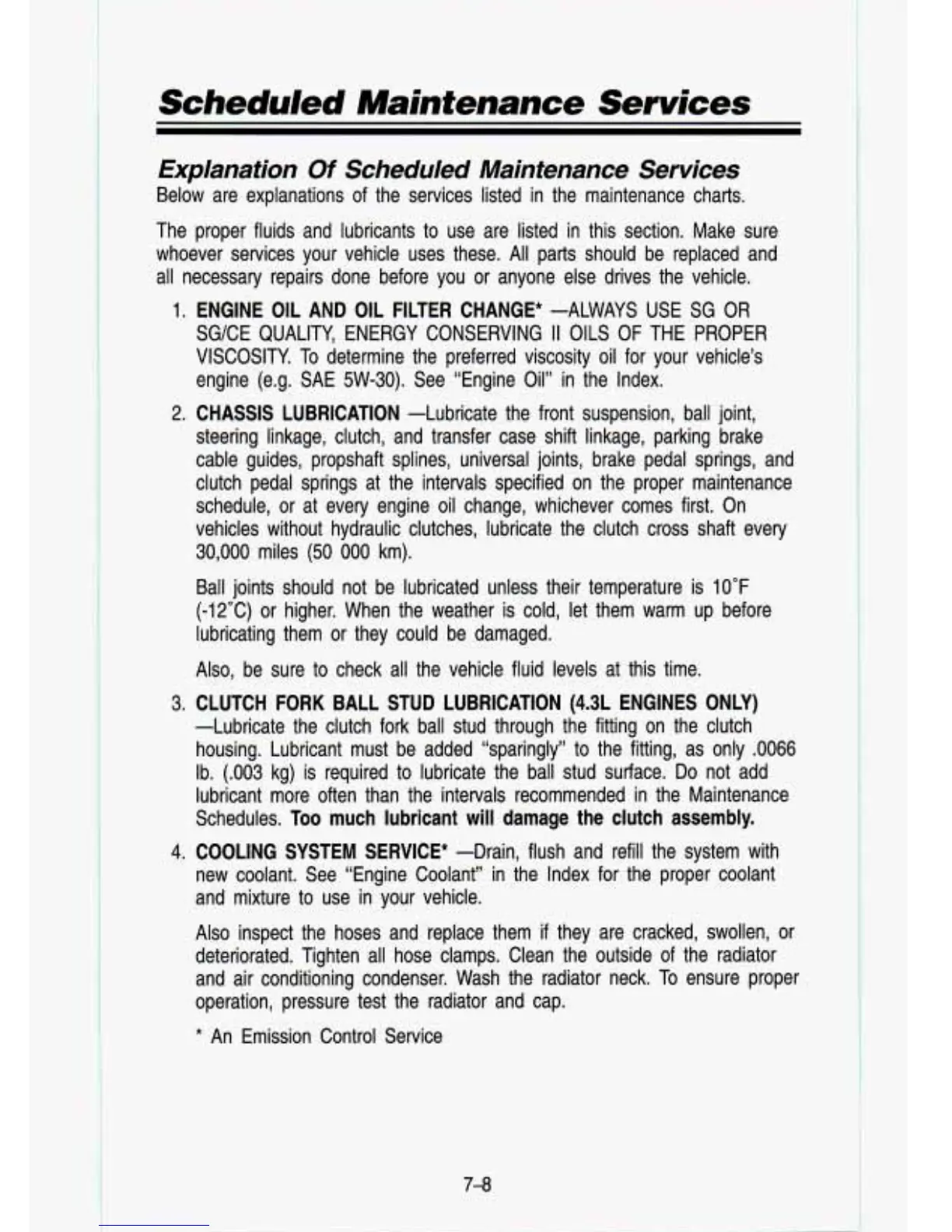